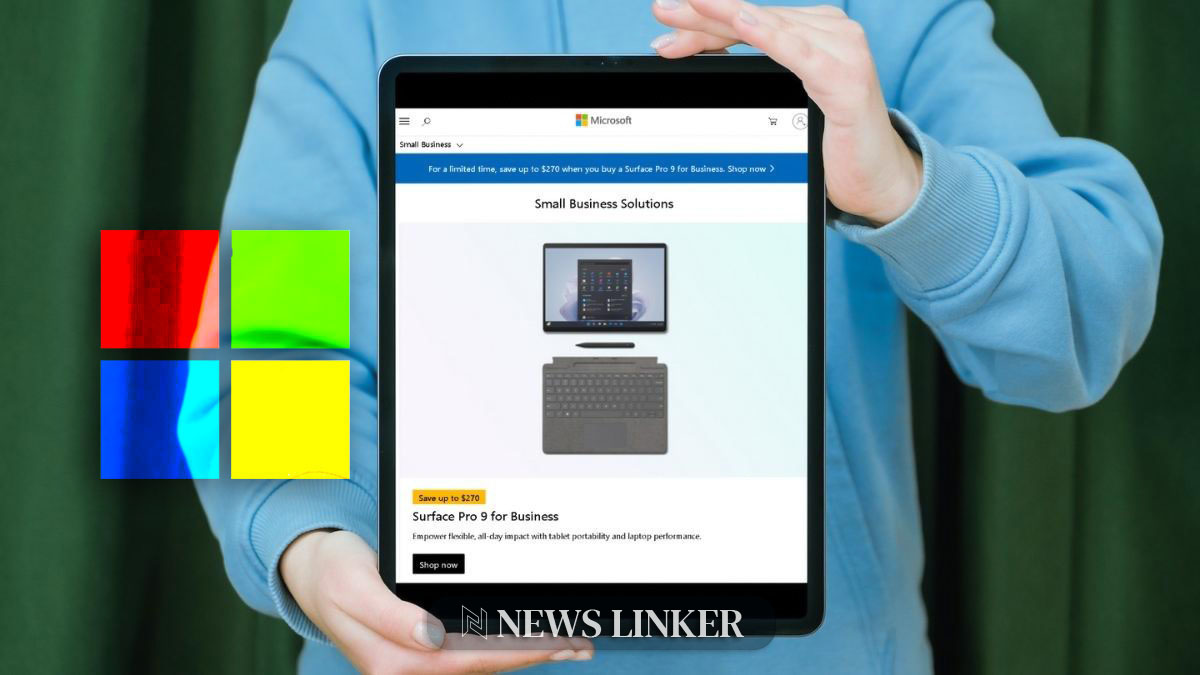Microsoft is set to introduce a mandatory multi-factor authentication (MFA) requirement for all Azure users starting in July. This new security measure aims to bolster the protection of cloud-based data and investments. The company emphasizes the critical role of MFA in safeguarding sensitive information and ensuring robust security protocols within the cloud environment. With the rising threat of cyber attacks, Microsoft’s initiative underscores the necessity of enhanced identity verification methods.
Microsoft’s implementation of MFA aligns with its ongoing efforts to improve cloud security. In the past, the company has rolled out several security features and updates to protect user data. Previous updates focused on enhancing encryption methods and introducing advanced threat protection services. However, these measures were often optional, whereas the new MFA requirement will be compulsory for all Azure users. This shift from optional to mandatory security protocols highlights Microsoft’s commitment to fortifying its cloud services.
Comparing this move to other historical security measures, it’s evident that Microsoft’s approach has evolved significantly. Earlier, the focus was on educating users about potential risks and providing tools to manage security independently. Now, the company is taking a more proactive stance by enforcing stringent security protocols. This evolution reflects the growing complexity of cyber threats and the need for more rigorous defenses. By mandating MFA, Microsoft aims to stay ahead of potential security breaches and ensure a higher level of protection for its users.
Strengthening Cloud Security
MFA requires users to provide multiple forms of verification to access their accounts, adding an extra layer of security beyond traditional username and password methods. This approach significantly reduces the risk of unauthorized access and data breaches. Microsoft will gradually roll out this requirement to minimize disruption for users. Communications regarding specific rollout dates will be sent through emails and Azure Portal notifications. Users can also set up MFA immediately using the Microsoft Entra MFA wizard.
Compliance and Regulation
The mandatory implementation of MFA is part of Microsoft’s Secure Future Initiative, aiming to protect cloud investments and ensure compliance with various security standards and regulations such as PCI DSS, HIPAA, GDPR, and NIST. This initiative reflects the importance of robust identity and access management practices in the current cyber threat landscape. By requiring MFA, Microsoft ensures that only authenticated and authorized users can access Azure services and resources.
Key Takeaways
Azure users can draw several concrete and valuable inferences from the new MFA mandate:
- Significantly reduces the risk of unauthorized access and data breaches.
- Ensures compliance with industry security standards and regulations.
- Protects sensitive company data and cloud investments effectively.
The introduction of mandatory MFA for all Azure users marks an important step in enhancing cloud security. By requiring multiple forms of user verification, Microsoft aims to minimize the risk of unauthorized access and data breaches. Additionally, this measure aligns with various industry standards and regulations, ensuring that organizations remain compliant while safeguarding their data. As cyber threats evolve, adopting such advanced security protocols becomes crucial for protecting sensitive information and maintaining the integrity of cloud services. Azure users are encouraged to enable MFA promptly to benefit from these enhanced security measures and uphold compliance requirements.










